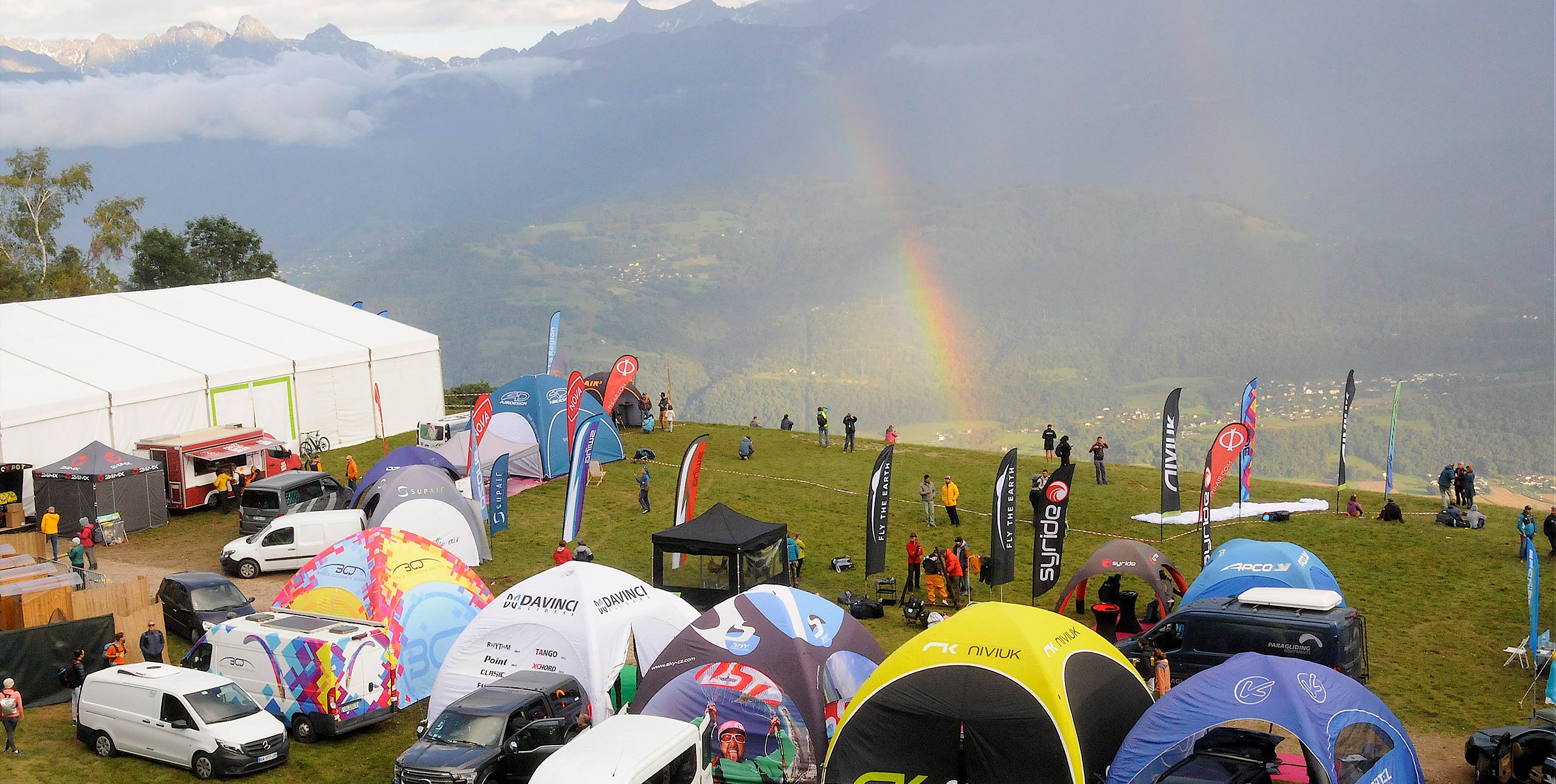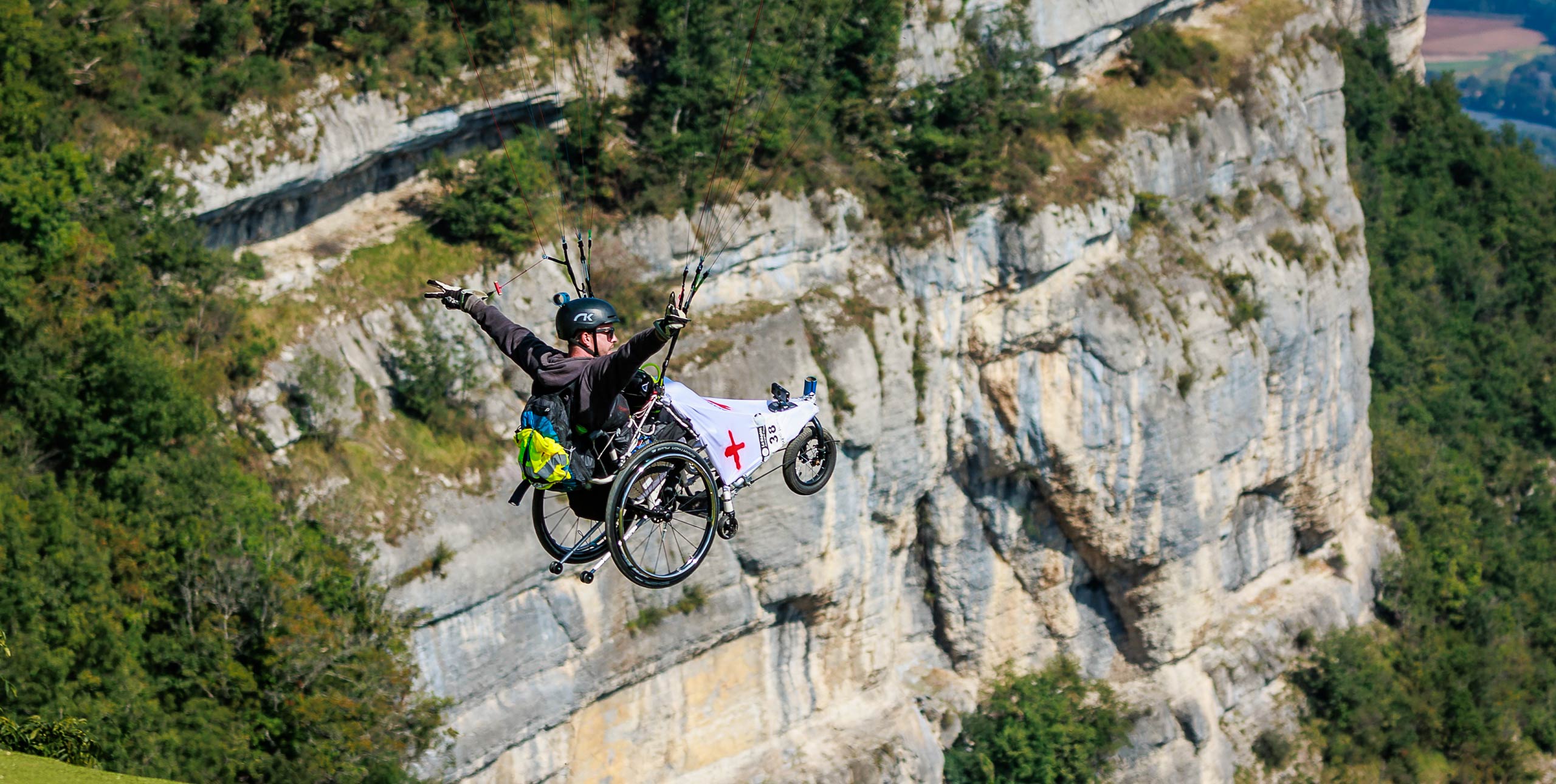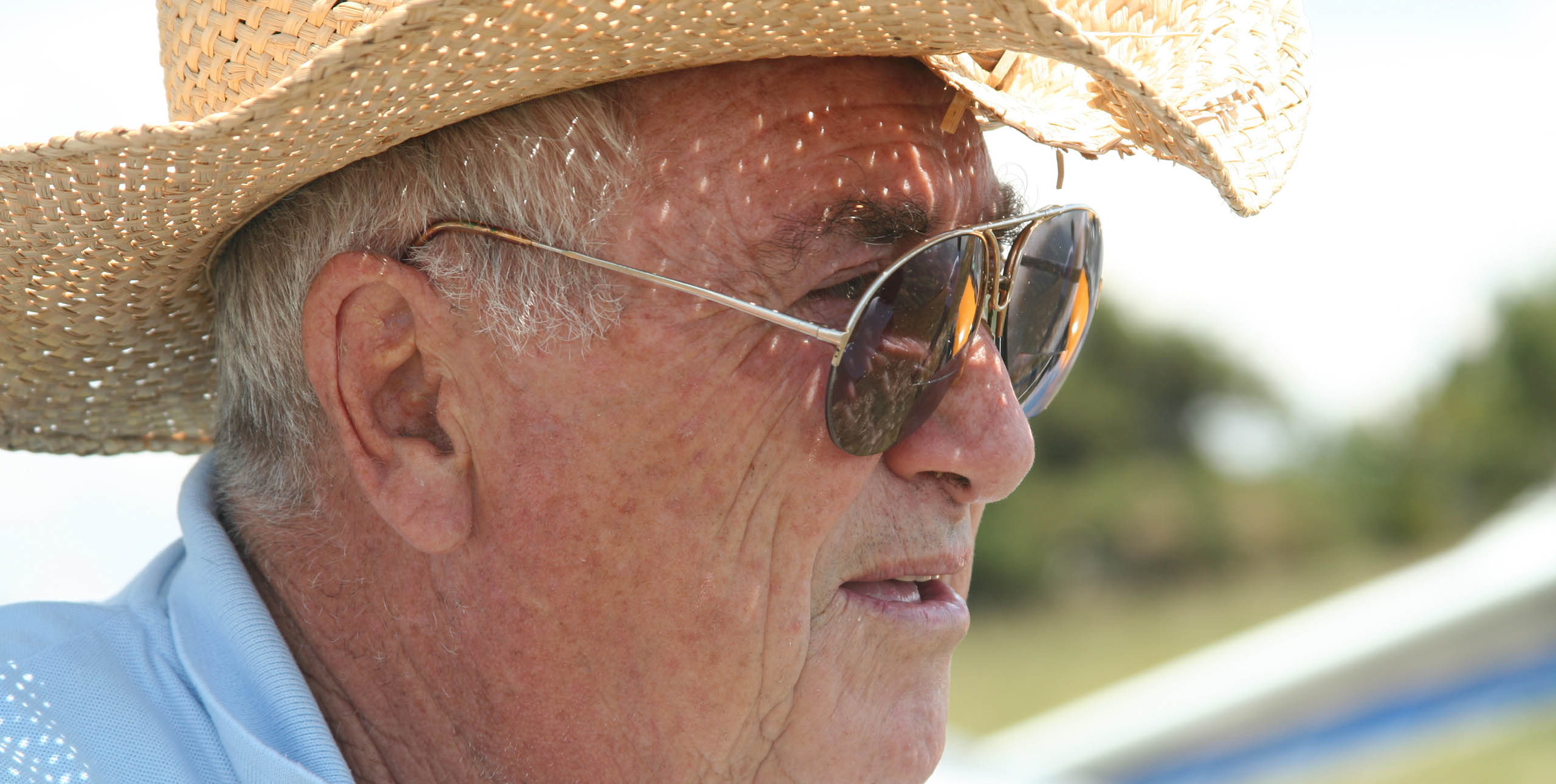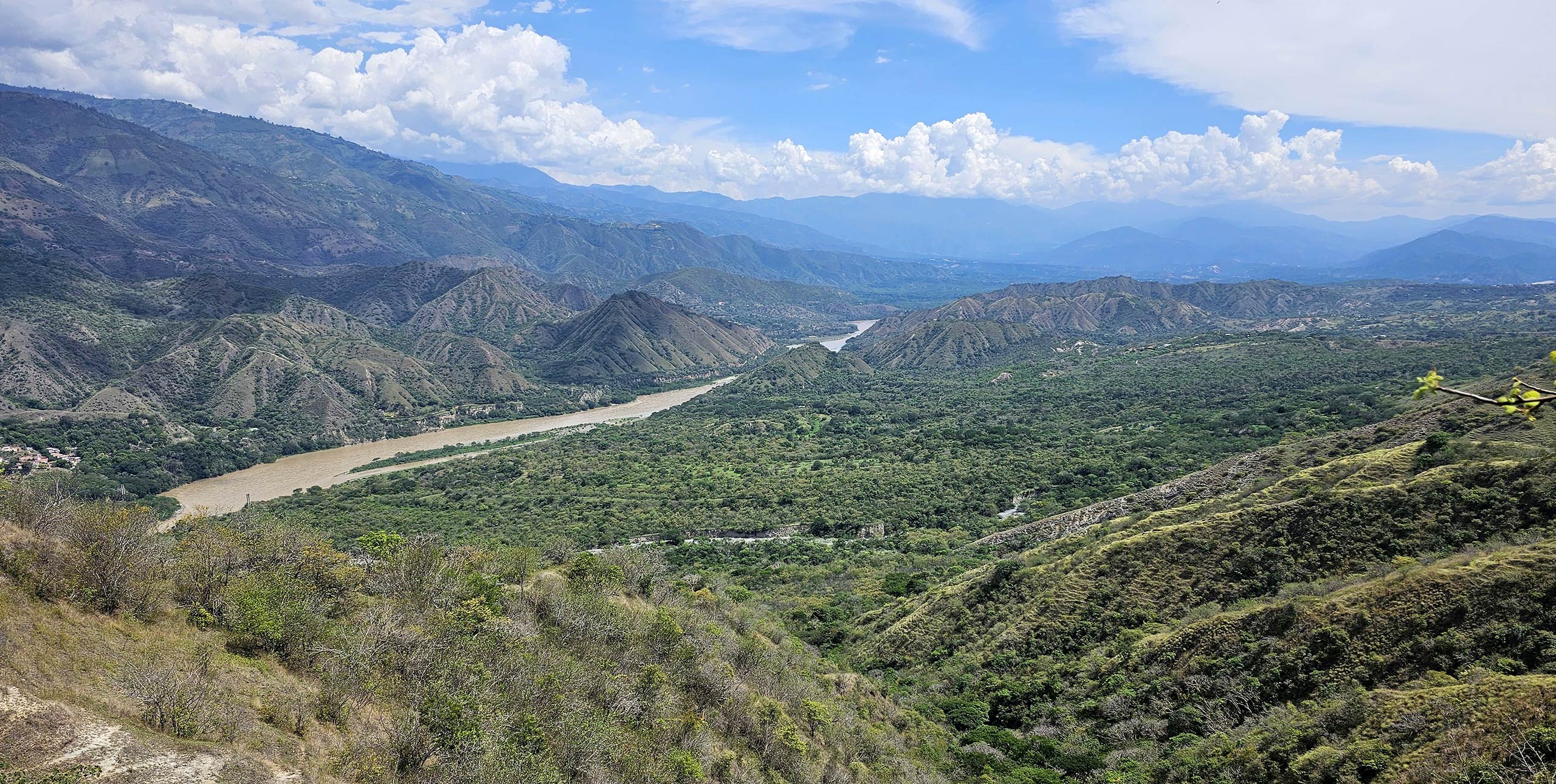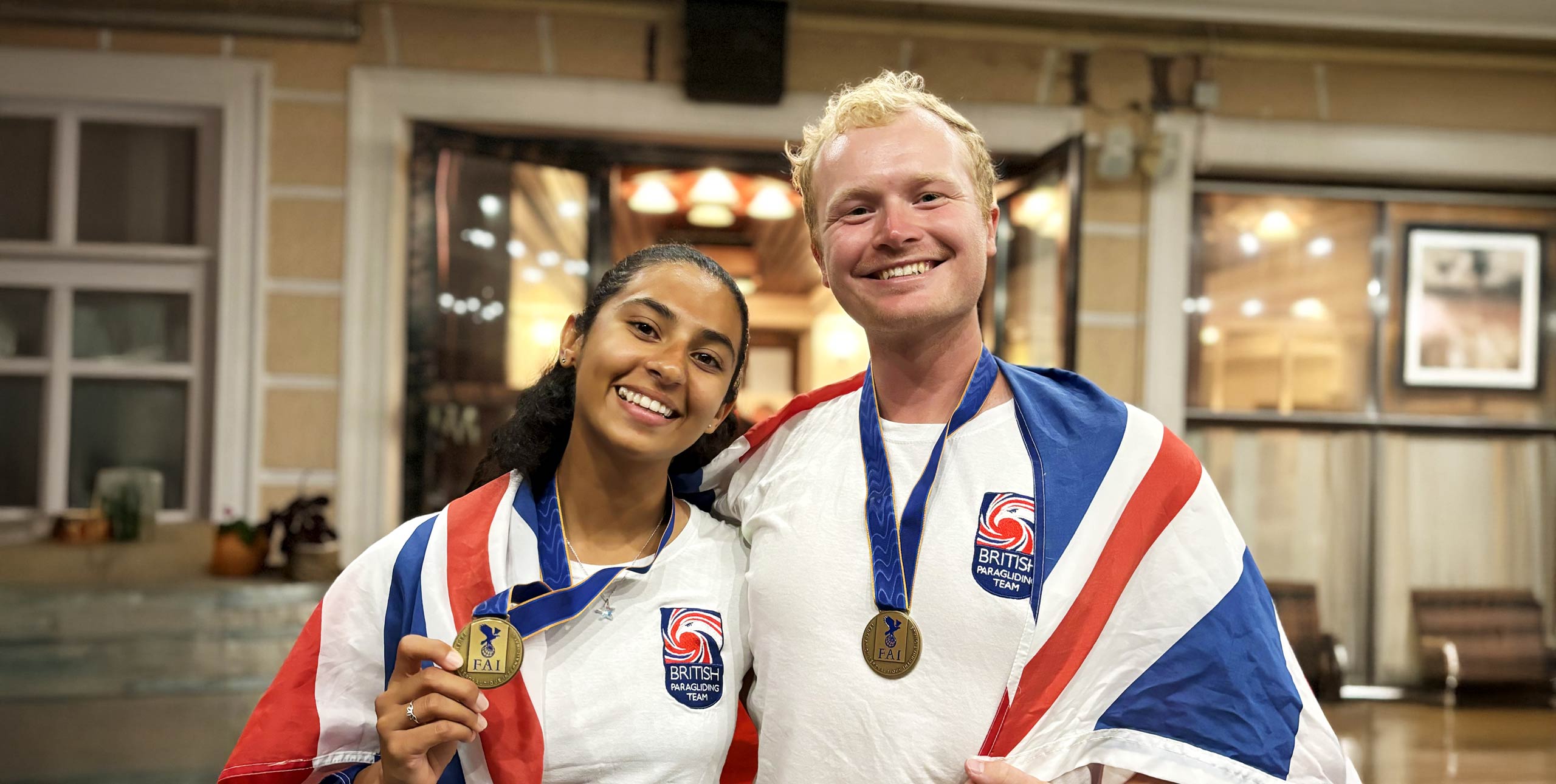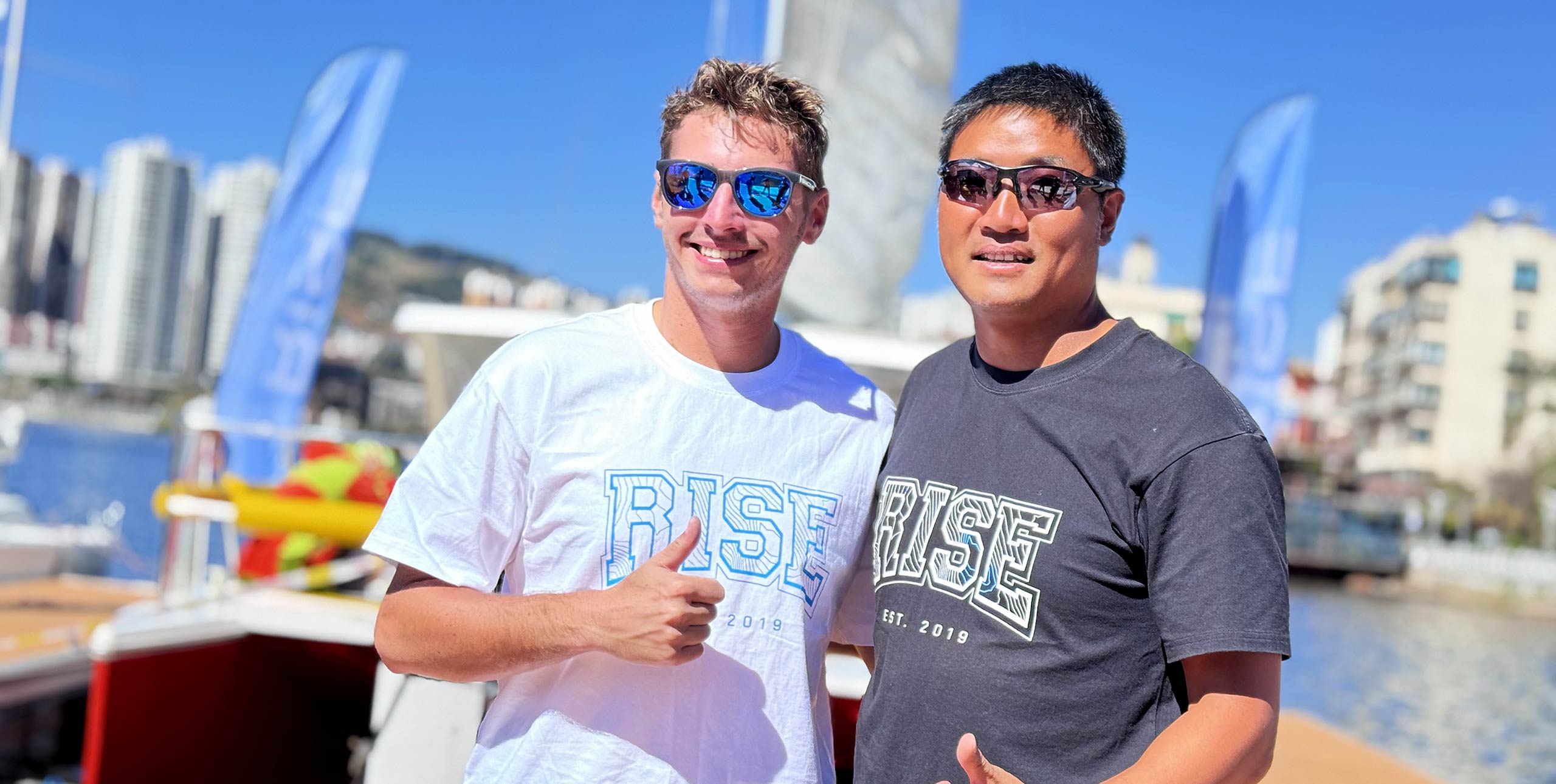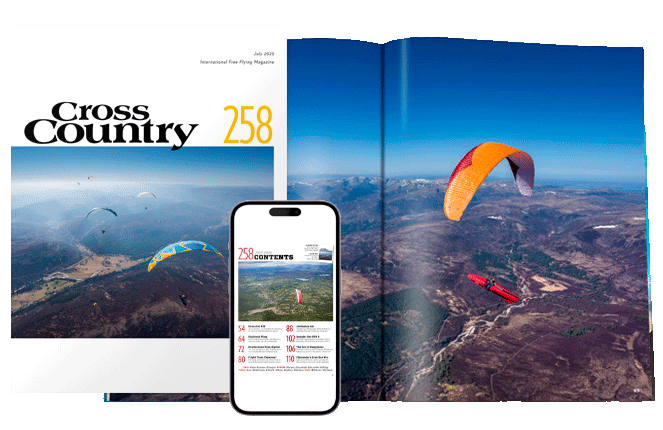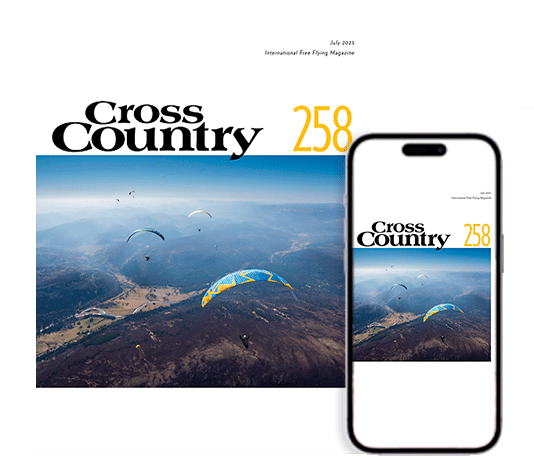Every competitor wants to be the first to goal, writes Steve Uzuchukwu. We all know that, and congratulate the first pilot home after a task. Yet, deeply buried in the distant annals of history, the very first pilot to make goal has been forgotten about, the poor soul. Instead, it’s the guy who crashed, burned and died who is the celebrated hero of free flight. I am, of course, referring to the Legend of Daedalus and Icarus.
Every competitor wants to be the first to goal. We all know that, and congratulate the first pilot home after a task. Yet, deeply buried in the distant annals of history, the very first pilot to make goal has been forgotten about, the poor soul. Instead, its the guy who crashed, burned and died who is the celebrated hero of free flight. I am, of course, referring to the Legend of Daedalus and Icarus.
According to ancient Greek mythology, Daedalus and his son Icarus were put in prison by King Minos of Crete because Daedalus helped kill the Minotaur and escape with the king’s daughter, the beautiful Ariadne.
Daedalus, well known as a genius, knew that he couldnt escape by sea or land, as Minos security was too tight. So he hatched the idea of escaping by flying. Daedalus got to work, and built wings of string, feathers, reeds and wax to allow him and his son to escape. In many ways his design wasnt dissimilar to the first rogallos made from bamboo and polythene in the 1960s.
Before they took off, Daedalus gave Icarus a pre-flight briefing: don’t fly too low, or the feathers would get wet and stick, and don’t climb too high or the sun will melt the wax and the wings will disintegrate.
The rest is history. Daedalus launched first, flew sensibly, crossed the sea and got to goal safely, being the first pilot to do so. Meanwhile, his young charge Icarus was so exhilarated by flight that he flew too high. The hot sun melted his wing fixings and he fell to his death in the waters below. Daedalus buried his son’s body on the island of Icaria, and the sea in which he drowned became known as the Icarian Sea.
Icarus entered into myth lore and became a legend. Meanwhile his Dad, Daedalus, who designed the wings, built them and flew them to goal, headed into obscurity.
Fast forward a few hundred years, and whilst Icarus often crops up in our conversations (what with Icaro 2000, the Coupe Icare and Bruce Goldsmith’s Icaristics columns), you don’t exactly hear Daedalus mentioned often.
There is no Daedalus Cup and no glider or instrument has ever been named after Daedalus.
I find this hard to understand. People outside our sport subscribe to the Icarus image of free flying. Last year in France, lying in hospital with a broken leg and broken arm, lots of the nurses shook their heads and remarked: ”Coupe Icare, oh merde!”
In me, they saw yet another person trying to emulate his hero Icarus, but ending up bent and broken after the wings folded up.
For me, Daedalus is the main man. He designed a wing, successfully flew it to goal and avoided the hazards of flight. Surely a hero. There are interesting parallels throughout free flying: racing full-blown competition gliders is an Icarian strategy, whereas Daedalus would choose a nice DHV 2 machine.
Roughing it in leeside thermals to win a comp is the mentality of Icarus, whereas landing because the conditions are too strong is so Daedalus. Flying too high without oxygen is definitely the closest any of us will get to imitating Icarus, but staying below 12,000 ft is the way Daedalus would have flown.
Despite all this, Daedalus has been forgotten by free flying. But having recently suffered the consequences of a serious accident, Ill definitely be looking to emulate Daedalus from now on.
• Got news? Send it to us at news@xccontent.local
Subscribe to the world’s favourite hang gliding and paragliding magazine


